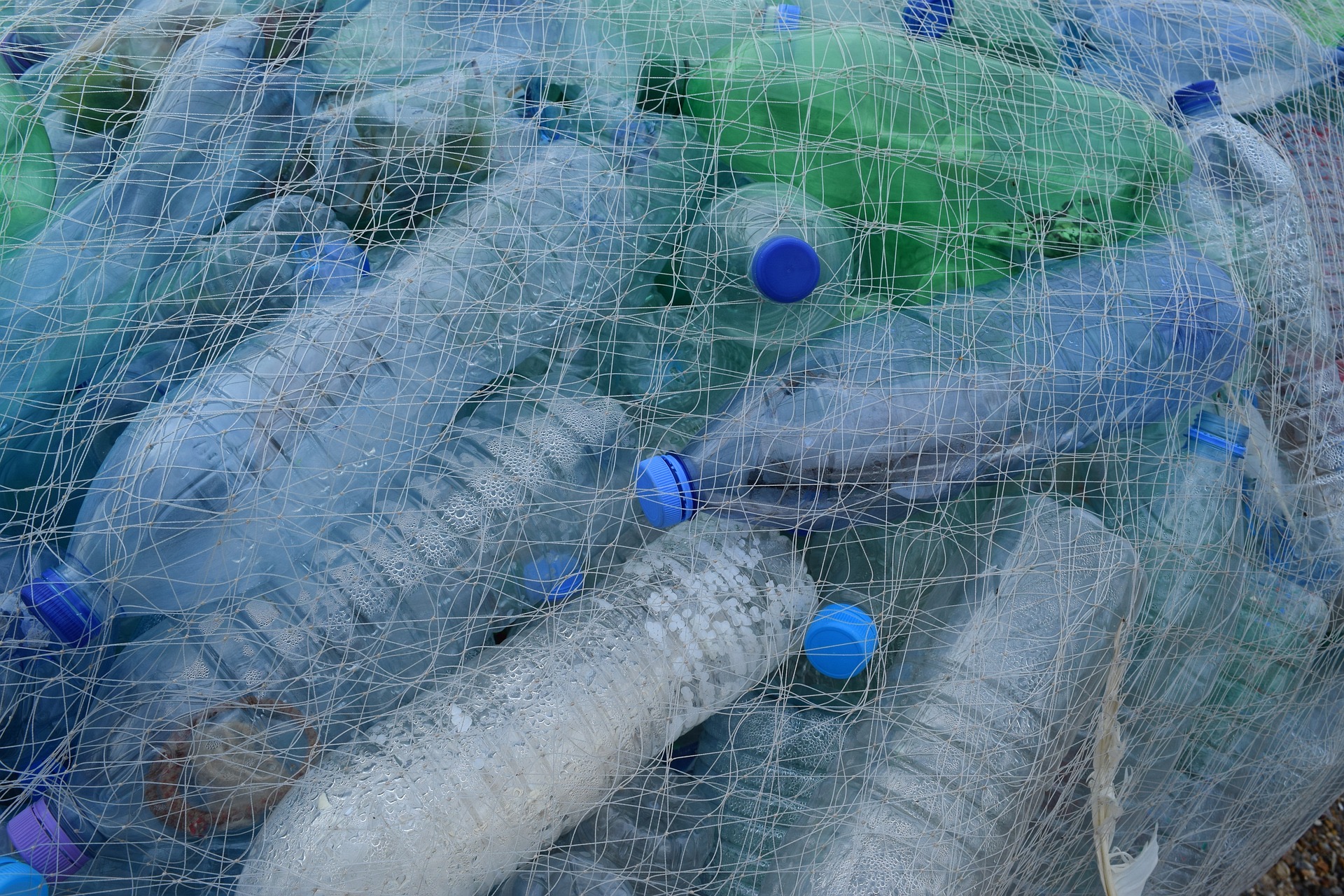Companies urged to switch to reusable packaging to eradicate 1T single-use plastic
By Jel Santos

A mere 10 percentage point increase in the usage of reusable beverage packaging by 2030 may result in the elimination of over one trillion single-use plastic bottles and cups, and stop up to 153 billion of these containers from ending up in our world's waterways and oceans, a report by international group Oceana revealed.
“Stacked on top of each other, the avoided one trillion bottles and cups could reach to the moon and back over 300 times,” the group said in a statement.
In its report released on Nov. 14, Oceana noted that the Philippines has one of the largest volumes of refillable glass bottles in the world which account for 40 percent of non-alcoholic beverages sold.
It also bared that the significant presence of large-scale reusable packaging systems around the world – including in the Philippines where 40 percent of the volume of all packaged non-alcoholic beverages sold are in reusable bottles.
“Returnable glass bottles are still widely used in the provinces. The system to reduce the amount of single-use plastic bottles already exists,” said Oceana Vice President Gloria Estenzo Ramos.
“All they have do is enhance their existing infrastructures and realize their target to help address plastic pollution,” she added.
Reusable packaging, according to Oceana, is a proven circular solution that can dramatically and quickly reduce the volume of plastic bottles and cups produced that will reach the oceans.
“Other ideas more heavily promoted by beverage companies – such as adding more recycled content to plastic bottles are not, by design, geared toward reducing single-use plastic containers, and therefore cannot match the impact of reuse,” Ramos noted.
Dr. Dana Miller, Oceana’s Director of Strategic Initiatives, said companies have a responsibility to increase reusable packaging in place of single-use packaging.
“Our seas can’t wait. We need real proven solutions, like reuse, that can reduce single-use plastic and marine plastic pollution at scale right now.m,” she stressed.